Penguin India has agreed to withdraw Wendy Doniger’s award-winning book The Hindus: An Alternative History, and to destroy remaining copies within six months, writes Salil Tripathi
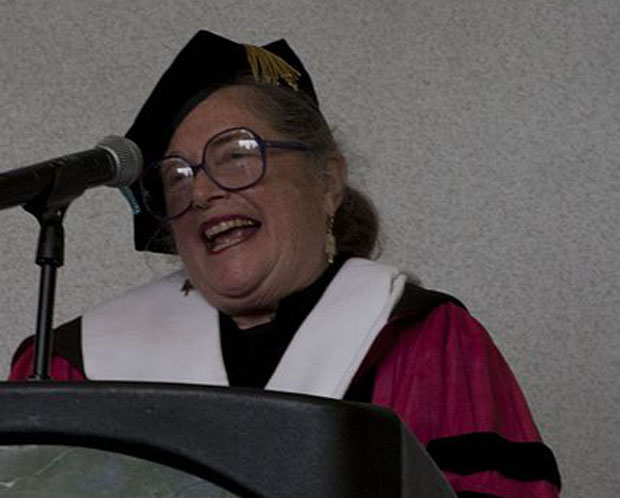

Penguin India has agreed to withdraw Wendy Doniger’s award-winning book The Hindus: An Alternative History, and to destroy remaining copies within six months, writes Salil Tripathi
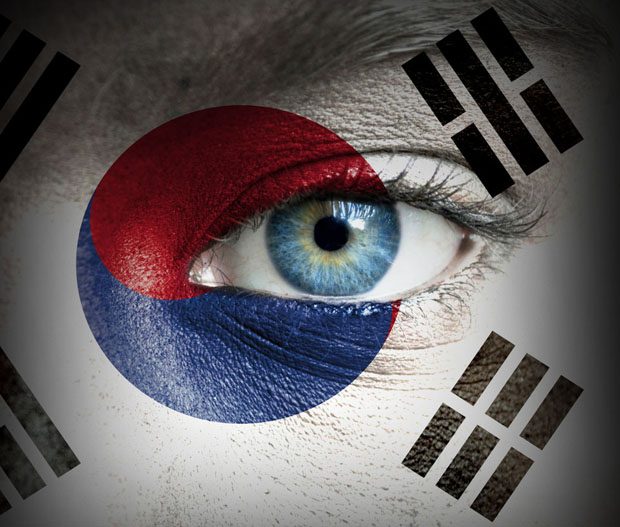
Last year saw 103 people — the highest number in a decade — charged under the controversial National Security Law, labelled “seriously problematic for the exercise of freedom of expression”. Steven Borowiec reports
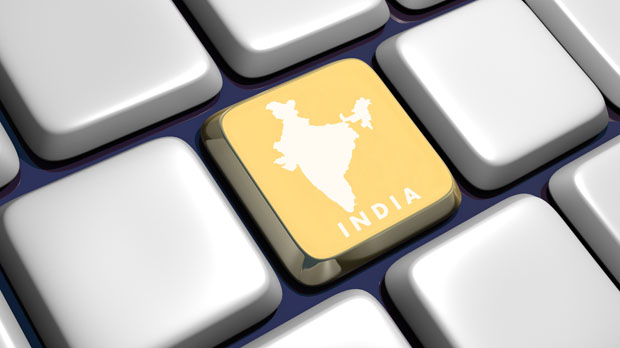
The Indian Supreme Court’s observations while hearing a petition in which online pornography is blamed for of the “epidemic” of rape and sexual violence is redolent of the pornophobia which had gripped the puritanical English legal system in the Victorian era, writes Saurav Datta
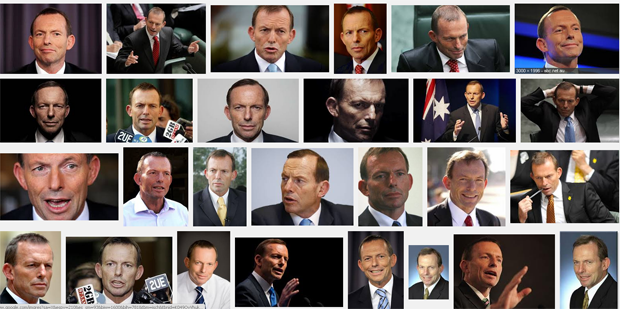
The Australian Broadcasting Corporation has been called unAustralian by prime minister Tony Abbott, who has also called for a review of its funding. Helen Clark reports
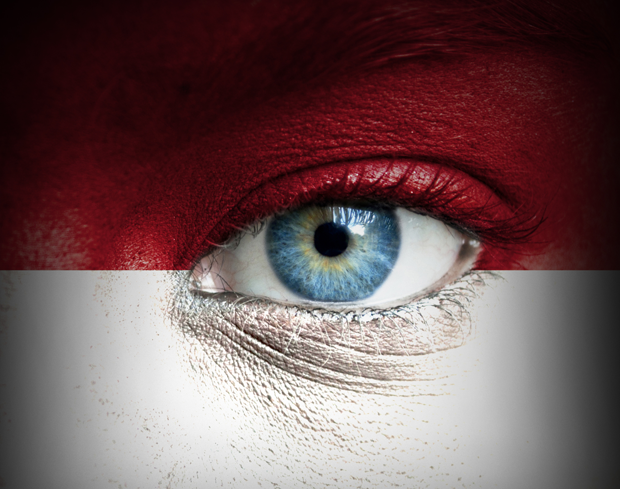
In the run up to this year’s elections, Indonesia’s politicians would have you believe that religious freedom is not a problem for the world’s largest Muslim population country. Endy Bayuni reports
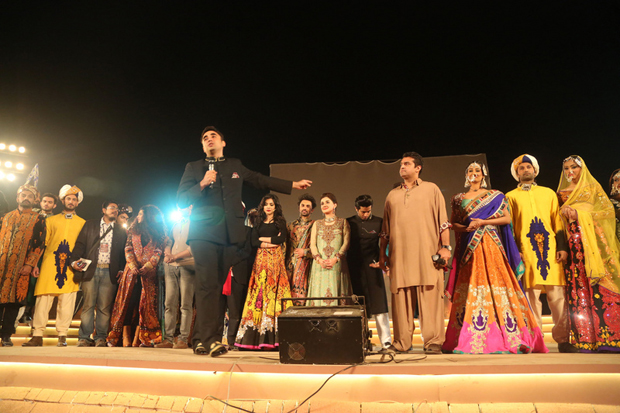
Hoping to use culture to battle Pakistan’s slide into “Talibanisation”, the son of Benazir Bhutto kicked off a two-week-long arts festival on 1 February. Zofeen Ebrahim reports

The Chinese Communist Party continues to develop expansive legal and political frameworks that repress the cultural and religious freedoms of its Uyghur population in Xinjiang province. Ahmed W Khan reports

India’s laws and controls over its massive collection, storage and use of biometric data are hugely deficient, writes Ram Mashru
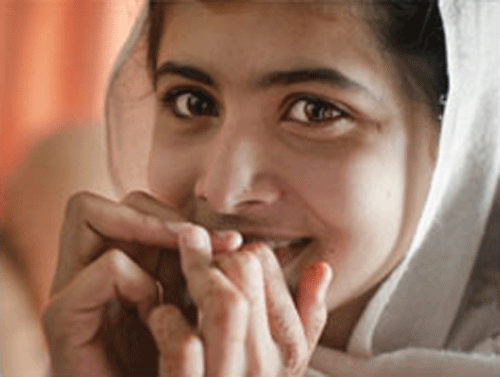
Peshwar University found itself at the centre of a controversy surrounding the launch of I Am Malala when police refused to provide security for the event. Zofeen Ebrahim reports
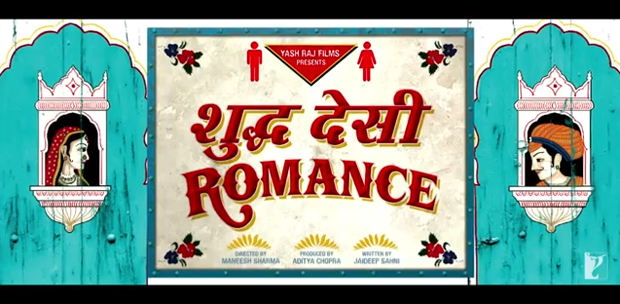
The new CEO of India’s censor board has described his objection to some of India’s recent blockbusters based on the reactions of his wife and five year old daughter. Mahima Kaul reports